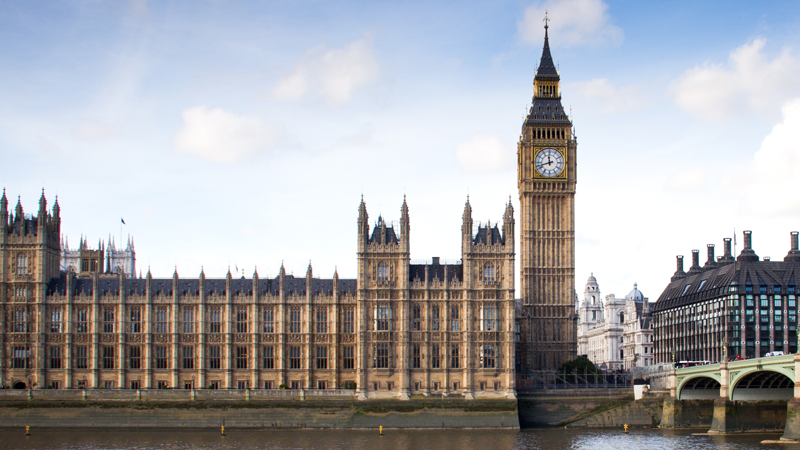Westminster blocks Scottish sex change bill

The UK Government has stepped in to block Scotland’s Gender Recognition Reform Bill on the grounds that it would conflict with UK law.
It is the first time Westminster has invoked its powers under Section 35 of the Scotland Act to do this. But the Supreme Court has intervened on four occasions in the past few years to stop Holyrood exceeding its powers. The most shocking example was the Named Person scheme, which appointed a state guardian for every child. This drove a coach and horses through UK privacy legislation.
The gender Bill was highly controversial in Scotland, with 39 of 129 MSPs voting against it, including nine from the SNP Government’s own benches. One Scottish Government minister even resigned in order to vote against the party line on the issue. Public polling shows clear majorities of those who express a view against all aspects of the Bill, which comprise the lowering of the age at which a person can change legal sex from 18 to 16, slashing the waiting period from two years to three months for adults, and doing away with all requirements for a medical diagnosis of gender dysphoria or any other evidence.
Westminster’s Scotland Secretary, Alister Jack, said the law would have a “significant impact” on protections contained in the UK Equality Act – in particular, on the right to run single-sex clubs, associations and schools, as well as rules on equal pay for men and women.
He added that having “two different gender recognition schemes in the UK” risked creating “significant complications”, including “allowing more fraudulent or bad faith applications”.
The difficulty is that a person who obtains a gender recognition certificate receives a new birth certificate in his or her ‘new sex’, which can then be used as legal ID. This would make it all but impossible to prevent someone who had obtained a gender recognition certificate in Scotland from being treated in accordance with his or her ‘acquired gender’ in the rest of the UK. This effectively allows Scotland to change the rules for the whole country.
Of course, the real problem here is allowing people to change their legal sex and obtain a new, essentially fraudulent birth certificate in the first place. But the current law does at least provide some safeguards against abuse, whereas the Scottish Bill is a form of self-ID.
The Scottish Government is expected to challenge the ruling in court.
At C4M we’re glad the Government has stepped in to prevent this ill-conceived Bill from progressing into law. But the truth is, the whole idea of the law playing along with the fiction that a person can change from one sex to another needs to be reconsidered. Until it is, expect the stream of dangerous nonsense to continue.
